Nubbelverbrennung – Another Cologne Carnival tradition
After exploring the Roman origins of the Cologne Carnival and the “Geisterzug”, I realized I had nearly overlooked another pivotal local tradition: The “Nubbelverbrennung”. The “Nubbel” is a straw puppet that is hung up and burned down at the corner of a street or a pub on the Tuesday before Ash Wednesday. It serves as a symbolic purification of the sins and mischiefs that have happened during the carnival. Here is a brief overview of the tradition.
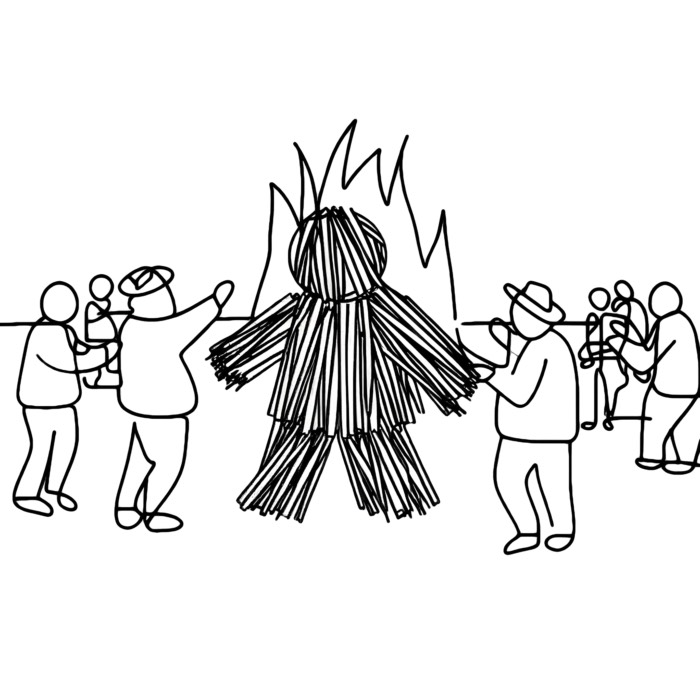 “Nubbelverbrennung” – Another Cologne Carnival tradition. Image created with DALL·E.
“Nubbelverbrennung” – Another Cologne Carnival tradition. Image created with DALL·E.
The Nubbelverbrennung
The tradition of “Nubbelverbrennung”, literally meaning “Nubbel burning”, is part of the Cologne Carnival and marks the end of the Carnival season. The “Nubbel” is a straw figure, often life-sized, that represents all the sins and misdeeds committed by the revelers during the Carnival festivities. “Nubbel” is actually a Cologne term used when you can’t or don’t want to give any further details, e.g. “Who was it? - the Nubbel (“someone”)”, “Where is he? - At the Nubbel (“somewhere”)”, “Who was it? - The Nubbel (“anyone”).”
 A nubbel above a pub in Cologne’s Südstadt. Source: Wikimedia Commonsꜛ (license: CC-BY-SA-4.0)
A nubbel above a pub in Cologne’s Südstadt. Source: Wikimedia Commonsꜛ (license: CC-BY-SA-4.0)
The burning of the Nubbel usually occurs on Shrove Tuesday (known in Germany as “Veilchendienstag”), just before midnight, signifying the transition to Ash Wednesday and the beginning of Lent, a period traditionally associated with penance and fasting in Christianity. This ritual is performed outside many pubs and taverns across Cologne, where the Nubbel has been displayed throughout the Carnival week.
The ceremony begins with a mock trial where the Nubbel is accused of being the cause of all the sins, wrongdoings, and excesses that took place during the Carnival. Revelers, often humorously and with exaggerated theatrics, list the various misdeeds for which the Nubbel is to be held responsible, ranging from overindulgence in food and drink to flirtatious behavior. This playful blaming serves as a symbolic cleansing, attributing the debauchery and indulgence of the Carnival to the Nubbel rather than to the participants themselves.
Following the trial, the Nubbel is condemned and then burned in a bonfire amidst chants, songs, and sometimes fireworks, creating a spectacle that attracts both locals and tourists. This act of burning is symbolic, representing the purging of sins and the community’s collective absolution. It serves as a cathartic conclusion to the Carnival’s excesses, allowing for a fresh start with the onset of Lent.
Origins
The tradition of Nubbel burning is not exclusive to Cologne, even though it is particularly well-known and widespread there. This practice also occurs in other parts of the Rhineland and in some areas of North Rhine-Westphalia, where Carnival plays a significant cultural role. Similar customs, where symbolic figures are burned or otherwise disposed of at the end of the Carnival season to “cleanse” the sins and excesses of the revelers, exist in various Carnival traditions worldwide. However, the specific tradition and execution of Nubbel burning, with the process and burning of a Nubbel as a symbolic act to conclude the Carnival festivities, finds its unique expression and significance in Cologne’s culture and Carnival celebration.
A historical parallel to this practice can be found in the Roman Saturnalia. The Saturnalia were known for their period of social inversion, festivity, and general revelry, similar to the modern Carnival. During these celebrations, roles were reversed, and slaves were temporarily allowed to assume the roles of their masters, facilitating a form of social catharsis. Although direct ritual burnings akin to the Nubbel burning are less documented during Saturnalia, the festival nonetheless included elements of symbolic cleansing and renewal. One aspect that connects the Saturnalia with later traditions like the Nubbel burning is the theme of liberation from social norms and the temporary suspension of everyday order, to mark a new beginning through festivity and subsequent purification.
Conclusion
The Nubbel burning is a unique and colorful tradition that adds to the rich tapestry of the Cologne Carnival. It is a playful and symbolic way to mark the end of the Carnival season and the beginning of Lent, allowing for a collective release of the excesses and indulgences of the Carnival. The Nubbel burning is a testament to the cultural significance of the Carnival in Cologne and the Rhineland, and it serves as a reminder of the deep-rooted traditions and customs that continue to shape the region’s cultural identity.
If you know of similar traditions in your region or have experienced the Nubbel burning in Cologne, feel free to share your thoughts and experiences in the comments below.
References and further reading
- Wikipedia article on Nubbelverbrennungꜛ
- Article about the Nuubelverbrennung on wdr.deꜛ
- Article about the Nubbelverbrennung on koeln.deꜛ
- Was ist die Nubbelverbrennung?ꜛ, Karambolage, Arte, TV broadcast 2024
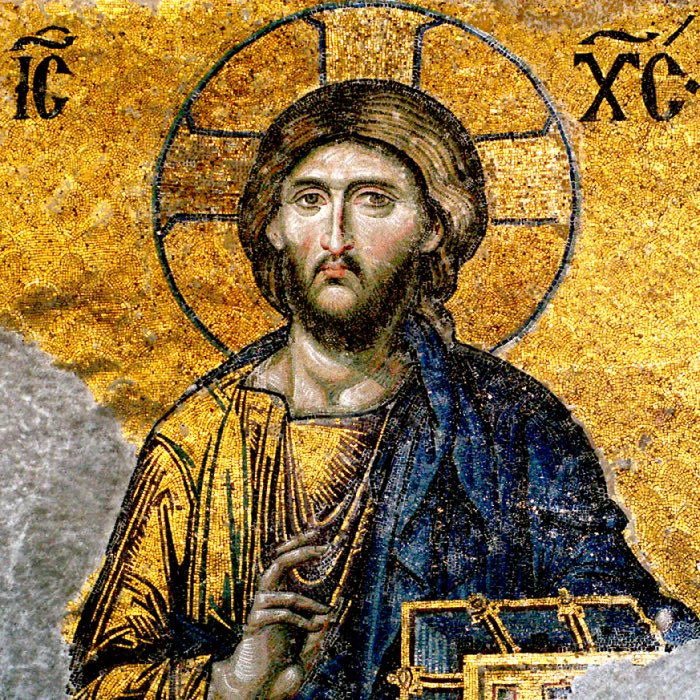
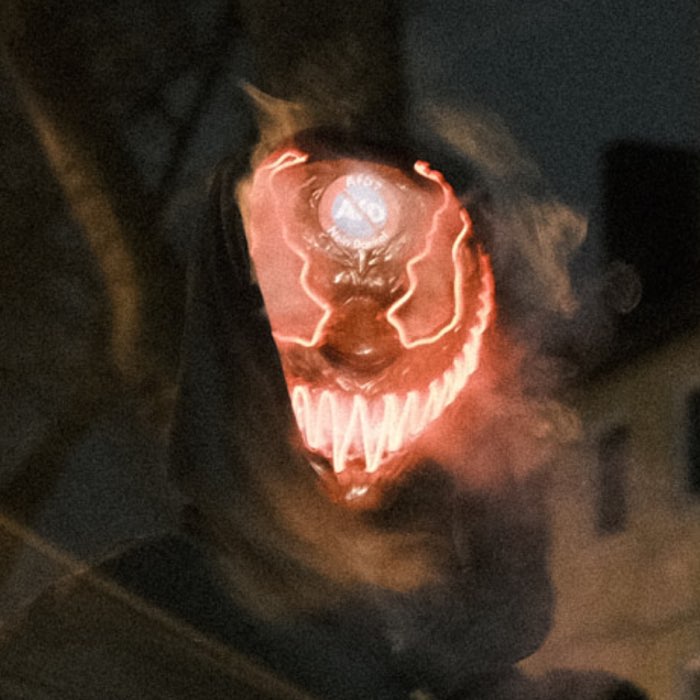
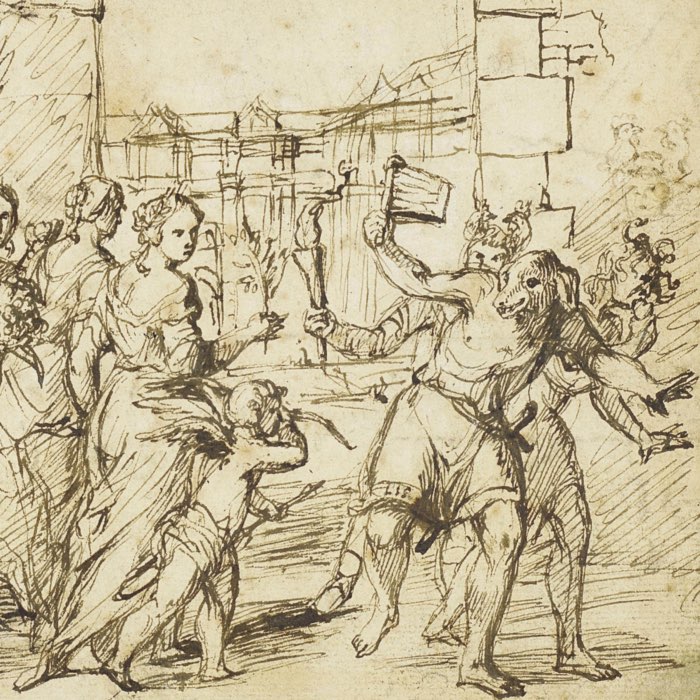


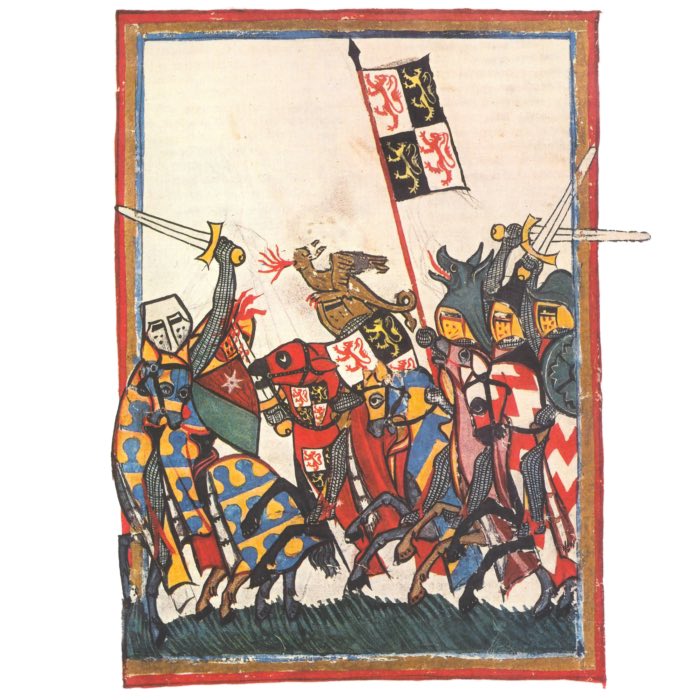
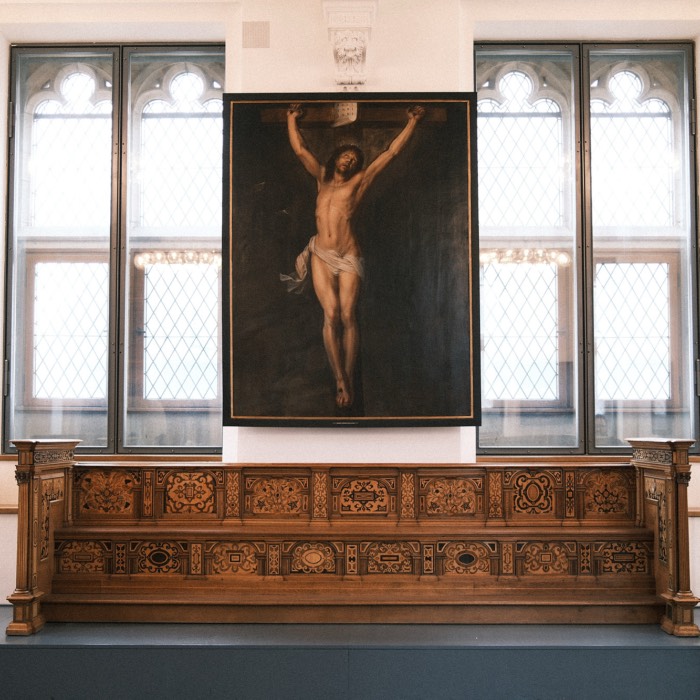
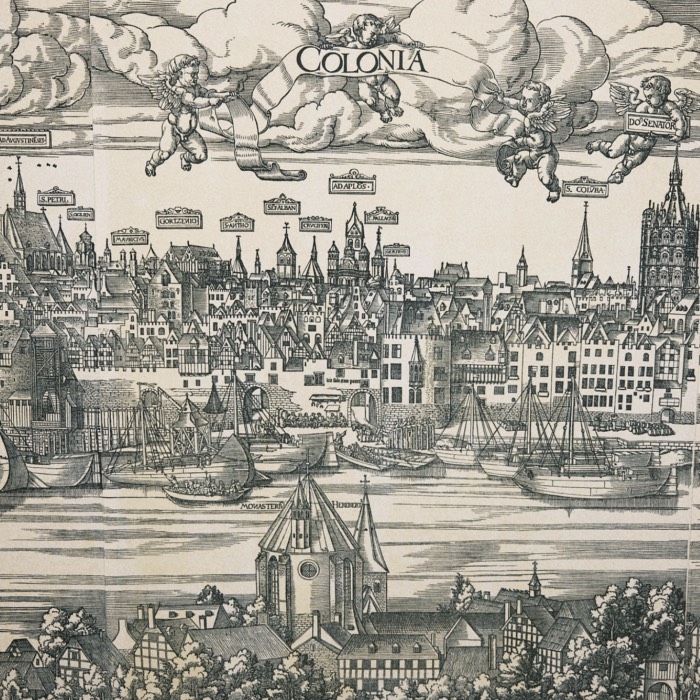

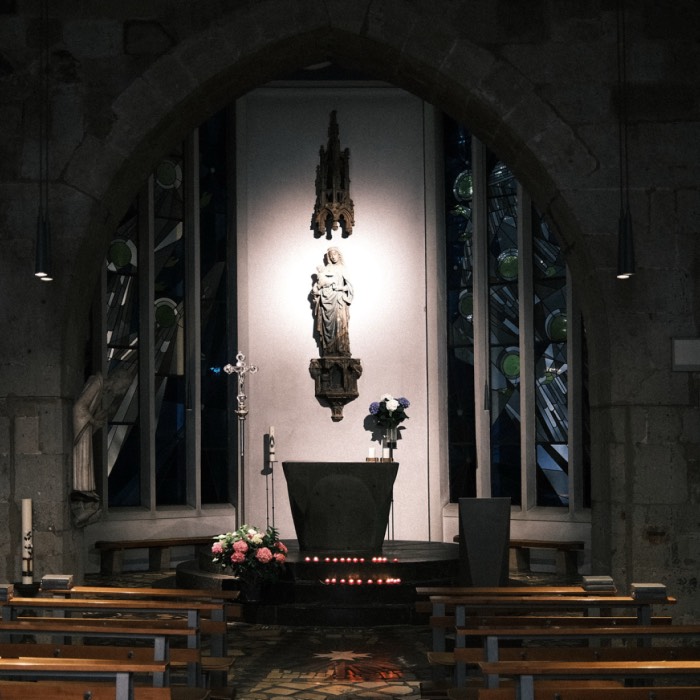
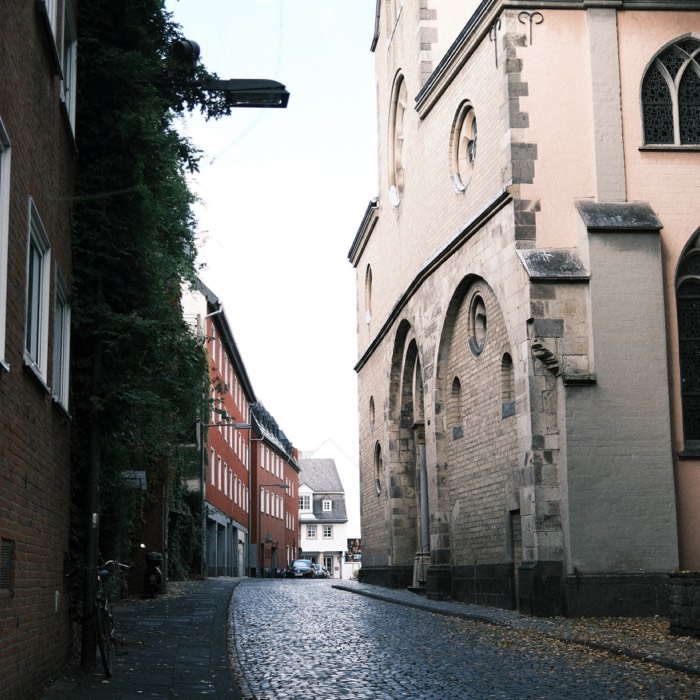
comments